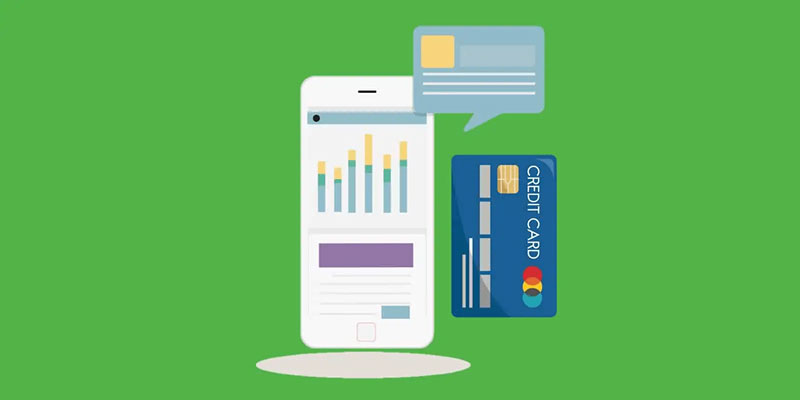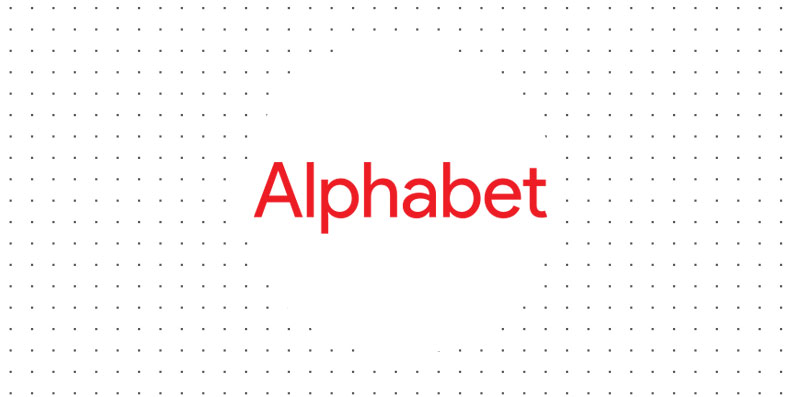How to Spot Debt Collection Scams? Debt collection scams are a growing concern for consumers, as fraudulent debt collectors use aggressive tactics and false information to intimidate individuals into paying debts that may not even be theirs. These scammers can be difficult to distinguish from legitimate collectors, making it important for consumers to be aware of the warning signs. By taking steps to verify the debt and the collector, avoiding payment requests through untraceable methods, and being cautious of red flags, individuals can protect themselves from falling victim to debt collection scams. It is also crucial to report any suspicious activity to the proper authorities, such as the Federal Trade Commission and the Consumer Financial Protection Bureau, to prevent others from becoming victims. Stay vigilant and informed on protecting your finances from these fraudulent collectors.
Here Are Some Key Tips to Help You Identify
Be Wary of Unsolicited Phone Calls
One of the most common tactics used by debt collection scammers is to make unsolicited phone calls to consumers. They may claim to be from a debt collection agency or a law firm and threaten to take legal action if the debt is not paid. If you receive an unsolicited call from a debt collector, you must be cautious and take steps to verify your identity and the debt's validity.
Check For The Red Flags

Debt collection scammers often use high-pressure tactics to get consumers to pay up, such as threatening legal action, wage garnishment, or even arrest. They may also use false information, such as an incorrect debt amount or a fake company name, to make their claims seem legitimate. If a debt collector uses any of these tactics, it's a red flag that they may be a scammer.
Verify The Debt And The Collector
If you receive a call from a debt collector, it's important to verify the debt and the collector. You can do this by asking for written proof of the debt, such as a bill or statement, and by checking the collector's credentials. The Federal Trade Commission (FTC) recommends checking with the Better Business Bureau (BBB) to see if any complaints have been filed against the collector and verifying the collector's licensing status with your state's attorney general.
Be Cautious Of Payment Requests
Debt collection scammers often request payment through a prepaid debit card, wire transfer, or gift card. They may claim that these payment methods are the only way to resolve the debt. These payment methods are untraceable and make it easier to recover your money if you've been scammed. If a debt collector requests payment in this manner, it strongly indicates that they are not legitimate.
Don't Provide Personal Or Financial Information
Debt collection scammers may try to get your personal or financial information. They may ask for your Social Security number, bank account information, or other sensitive information. If you receive a request for this information, it's important to keep it private. Legitimate debt collectors will not ask for this information over the phone.
Report Debt Collection Scams

If you believe you've been the victim of a debt collection scam, it's important to report it to the proper authorities. You can file a complaint with the FTC, the Consumer Financial Protection Bureau (CFPB), and your state's attorney general. You should also contact your bank or credit card company if you've provided any payment information to the scammer.
By following these tips, you can protect yourself from debt collection scams and avoid becoming a victim. Remember to be cautious of unsolicited phone calls, check for red flags, verify the debt and the collector, be cautious of payment requests, and don't provide personal or financial information. If you believe you've been scammed, report it to the proper authorities as soon as possible.
Conclusion
In conclusion, debt collection scams are a serious issue that can significantly impact a consumer's finances. To protect yourself from these scammers, it's important to be aware of the warning signs, such as unsolicited phone calls, aggressive tactics, false information, untraceable payment methods, and requests for personal information. You can safeguard your finances from fraudulent debt collectors by taking steps to verify the debt and the collector, avoiding payment requests through untraceable methods, and being cautious of red flags. Additionally, reporting any suspicious activity to the proper authorities can help stop these scammers and prevent others from becoming victims. Stay vigilant and informed on protecting your finances from these fraudulent collectors.




